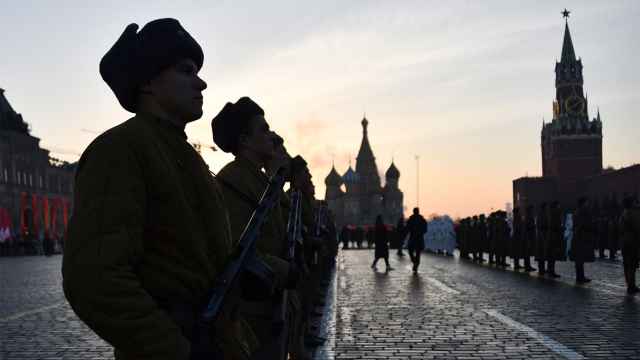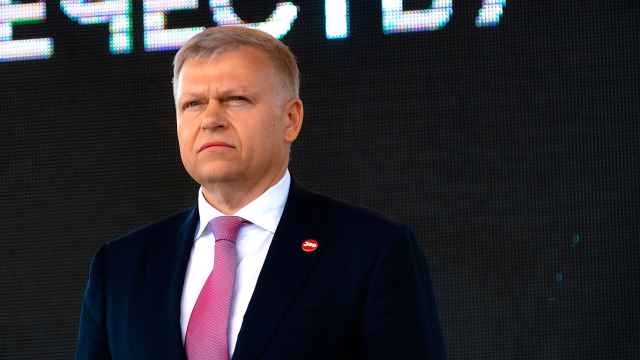All last year, the global economy teetered on the brink of a major recession. Bullish forecasts that the post-crisis global economy would rebound were forgotten amid concerns over the urgent need to contain regional economic crises and prevent them from escalating into another worldwide economic decline. On the whole, those efforts succeeded. Although the eurozone shows no signs of improvement, the economic crisis that threatened to spread like wildfire early in the year now appears to be localized.
The U.S. was the epicenter of the financial shockwaves in 2007 and 2008. Washington responded by flooding the market with dollars. To ensure that the currency emissions did not completely wreck the financial system, the state had to step in with public borrowing and tax cuts. As a result, U.S. national debt, which had seemed so innocuous in the mid-1990s when the government had a budget surplus, became a true sword of Damocles hanging over the entire global economy. But in saving the U.S. and world financial markets, Washington involuntarily put the European financial system at risk.
Of course, U.S. leaders had no intent to ruin the euro. Despite whatever short-term competitive advantage it might give the dollar, a euro collapse would deliver an egregious blow to the global economy and hurt U.S. companies. But the decision-makers in Washington had no choice. They could not save their own market while simultaneously worrying about the problems of the eurozone. The devalued dollar dramatically changed the balance of power in the financial markets.
Now, the European Central Bank finds itself in a terrible bind. Were it to copy the actions of the far more powerful U.S. Federal Reserve, the value of the euro would plummet and ruin all the financial institutions connected with it. Thus, Washington's economic policy on one side of the Atlantic led to the need for fiscal austerity on the other side. That, in turn, led to the collapse of Europe's weaker economies, indicating that the financial crisis pushed out the door has come back through the window.
The only result after 18 months of sustained, large-scale efforts in Europe is that the situation is more or less under control. But at the very moment when European leaders were ready to breathe a sigh of relief, it turns out that the resources for U.S. generosity have run out. The national debt is reaching a critical juncture, after which the situation could spin out of control. To make matters worse, tax benefits dating back to the administration of former U.S. President George W. Bush are set to expire at the same time. That means U.S. lawmakers will end up having to enact exactly the same measures that led to disastrous consequences for states in southern Europe — namely, raising taxes and cutting government spending.
In practical terms, that means a return to the same recession that the government tried so hard to avoid in the first place. In such a situation, even Republicans, who have a majority in the House of Representatives and believe that higher taxes are an attack on the foundations of U.S. democracy, are resigned to the need to raise taxes. But they insist that this should be done only in exchange for austerity measures like those adopted by Greece. The administration of President Barack Obama understands perfectly well what impact that will have on the economy, but it seems to have no other choice.
At best, the White House can only delay an inevitable disaster, but the deadline for signing a new agreement with Congress will come in two months. After that, you can bet that the economic crisis will return in full force.
Boris Kagarlitsky is the director of the Institute of Globalization Studies.
Related articles:





